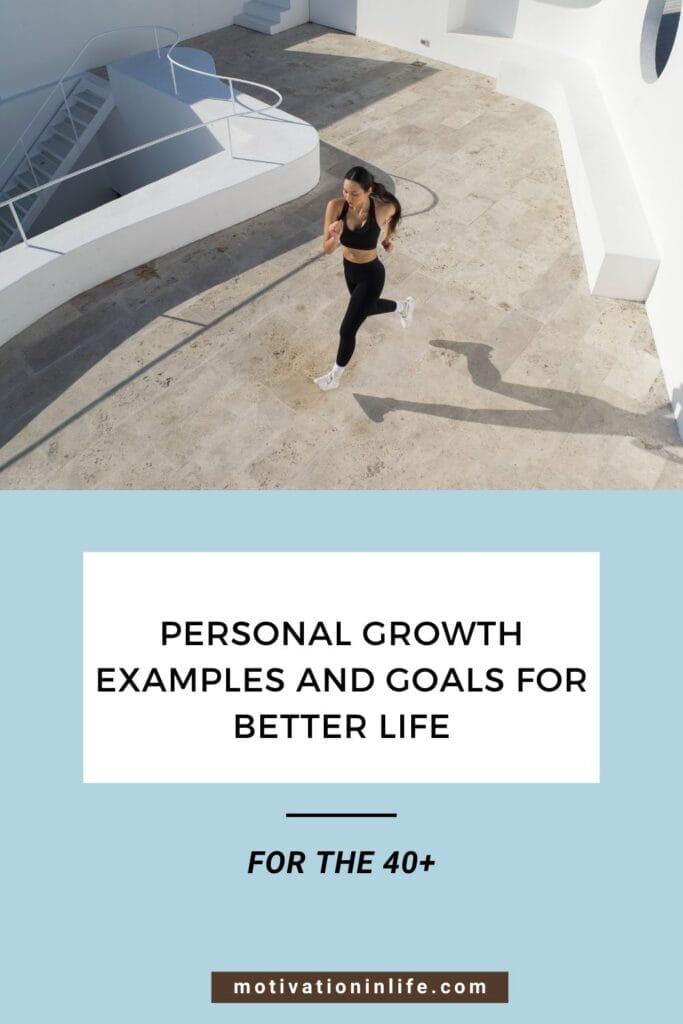13 Personal Growth Examples And Goals For Better Life (For The 40+)
“Be Not Afraid Of Growing Slowly; Be Afraid Only Of Standing Still.”
Chinese Proverb
Personal growth is a continuous journey of self-improvement that takes on new dimensions as you age and cross the threshold of your 40s and beyond. It requires you to adopt a renewed zeal to set goals, develop new skills, and expand your knowledge and capabilities.
Personal growth examples can take many forms as you enter midlife,
- from improving your health and fitness
- to develop new hobbies,
- learning new languages,
- or pursuing higher education.
It is a process of self-discovery that helps you identify your strengths and weaknesses, and take steps to achieve your full potential.
Table of Contents
AFFILIATE DISCLOSURE
This post may contain affiliate links. We may earn a small affiliate commission at no extra cost if you click on them.
motivationinlife.com is also a participant in the Amazon Services LLC Associates Program, an affiliate advertising program designed to provide a means for sites to earn advertising fees by advertising and linking to Amazon.com and Amazon.in
We may earn a small commission for our endorsement, recommendation, testimonial, and/or link to any products or services from this website.
Personal Growth Examples For The 40 +
There are many examples of personal growth that you can pursue in your daily life in your 40s and beyond. For instance, setting a goal to read a certain number of books each month can help improve your knowledge and broaden your perspectives.
You can learn a new skill, such as photography, coding, or playing an instrument, as part of your personal development goals plan. These skills will help you build your self-confidence and increase your sense of accomplishment.
Otherwise, you can aim to pursue a hobby or passion, such as painting, writing, or gardening, which can provide a sense of fulfillment and help reduce stress and anxiety.
Personal growth is an ongoing process that requires dedication, commitment, and a willingness to step out of your comfort zone. It is a journey that can be challenging at times, but also incredibly rewarding, especially as you age, as it gives you fresh motivation to achieve your dreams.
By setting smart goals, building new skills, and pursuing new experiences, you can overcome your limiting beliefs and achieve a greater sense of fulfillment and happiness in life.
Read our blog post, Turn The Tables With Personal Growth Questions And Rediscover Life (For The 40+) to understand more about your growth journey.
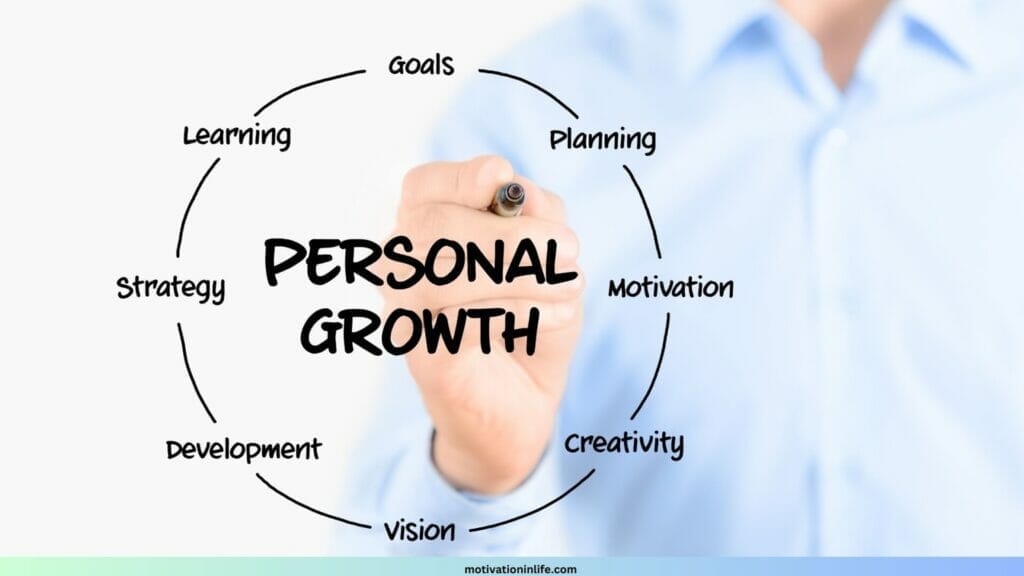
Personal Growth Examples: Setting Goals For Personal Development And Growth
Setting personal development goals is essential to becoming the best version of yourself. Here are some examples of personal growth goals that can help you achieve your full potential and help you achieve an element of balance in your personal and work life.
Develop a Growth Mindset In Your 40s And Beyond
A growth mindset is the belief that your abilities and qualities can be developed through dedication and hard work.
Set up a personal development plan to develop a growth mindset that can help you approach challenges with a positive attitude and embrace learning opportunities.
Improve Your Self-Awareness In Midlife
Self-awareness is the ability to recognize and understand your emotions, thoughts, and behaviors. Your emotional triggers change as you age and you need to analyze those changes with time.
Setting a goal to improve your self-awareness can help you identify your strengths and weaknesses and make meaningful changes in your life. Get into the habit of enhancing your active listening skills and listen to what your heart says!!
Practice Gratitude As You Age
Gratitude is the practice of acknowledging and appreciating the good things in your life. You should learn to practice gratitude, which will help you cultivate a positive outlook and improve your overall well-being.
Get into the habit of looking at the cup of your life as half full. Be grateful for all that life has given you in all these years.
You can develop the habit of gratitude journaling to take note of all that you are grateful for in life. DOWNLOAD the Gratitude Journal we have designed for you to start journaling today!!
If you want to create or design your own habit trackers, journal checklists, or planners, you can try out Creative Fabrica and download more planners and printables.
Develop Effective Communication Skills To Strengthen Your Bonds
Effective communication skills are essential for building strong relationships. Learning to communicate is essential for achieving success in both your personal and professional life.
Set a goal to develop effective communication skills so that you can express yourself clearly and listen actively to others. This will not only help you to develop positivity in your life but also help you to understand others better.
Prioritize Self-Care To Age Gracefully
Self-care is the practice of taking care of your physical, emotional, and mental health. Setting yourself up to prioritize self-care can help reduce anxiety, improve your mood, and increase your happiness quotient.
Read our blog post on Simple Self-Care Practices For Impactful Positive Change In Life (For The 40 +) to understand the importance of incorporating self-care into your daily routine.
Learn A New Skill To Boost Your Happiness
Learning a new skill can help you expand your knowledge and abilities, and can also be a fun and rewarding experience. Setting a goal to learn a new skill every year can help you stay curious and engaged in life.
For example, you may start a new side hustle like creating digital products or start a new blog, which can not only help you nurture your creative juices but also help you earn a passive income.
I was 45 when I started this blog as a side hustle. It was a big decision in my life. There were so many things to learn as well as unlearn. But these years when I have been involved in learning this new skill set have been one of the most interesting years of my life.
I met my mentor Sadie Smilie and joined her membership to hone my skills. I learned how to design this blog. I met so many female entrepreneurs who were ready to get out of their comfort zones to nurture their skills to live the life of their dreams.
Set Boundaries To Protect Your Energy With Age
Setting healthy boundaries is essential for maintaining your well-being and protecting your time and energy, especially as you age. Learn to set boundaries to establish clear expectations and communicate your needs effectively.
Learn to say no when required. It helps you stay away from people who try to take advantage of you and also helps you establish your priorities in life.
Practice Mindfulness To Enhance Your Mental Health
Mindfulness is the practice of being present and fully engaged in the current moment. Setting a goal to practice mindfulness can help reduce stress, improve focus, and enhance overall well-being.
It helps you to forgive and let go of your past. This is especially important as the baggage from your past comes in the way of a fulfilled present and an endearing future. So let go of anything that does not resonate with your current requirements.
Decluttering your mind is an essential step toward mindfulness. Read this blog post by Marj Bates, how basic mindfulness skills can help you declutter to understand more about this concept.
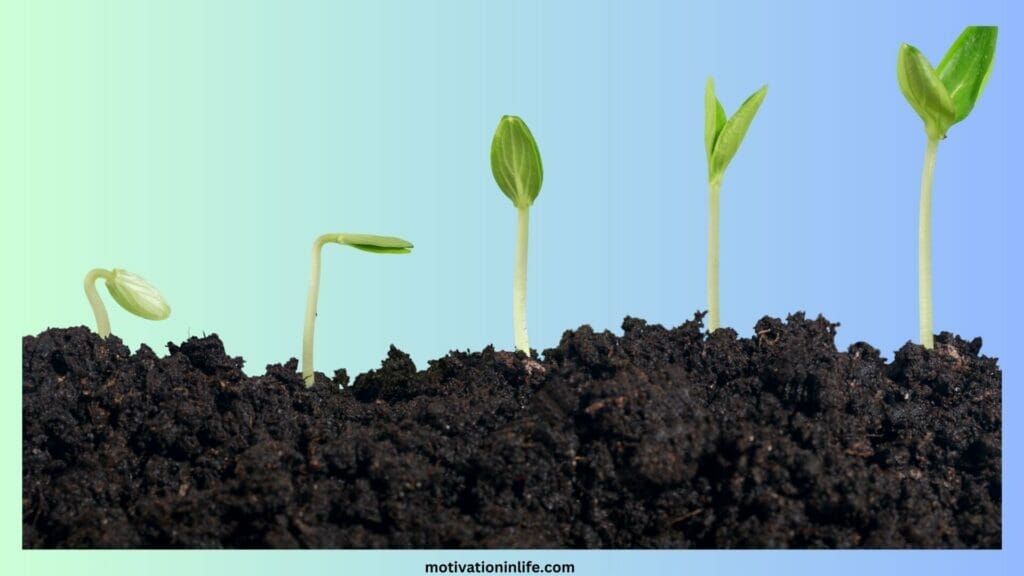
Developing New Habits For Self-Growth In Your 40s And Beyond
Developing new habits can be challenging, but it is an essential part of personal growth. Here are some examples of habits that you can develop to help you grow in your 40s and beyond:
Waking up earlier
Waking up earlier can give you more time to focus on your personal goals and start your day with a clear mind.
Exercising regularly
Exercising regularly can improve your physical health and mental well-being. It will give you more energy and a positive outlook on life.
Drinking more water
Drinking more water can improve your overall health and help you stay hydrated throughout the day.
Following a budget
Following a budget can help you manage your finances better, reduce stress, and achieve your financial goals.
Eating at least two healthy meals a day
Eating at least two healthy meals a day can improve your physical health, provide you with the necessary nutrients, and give you more energy.
Making watching Netflix productive
Instead of mindlessly scrolling through Netflix, you can use it to learn something new by watching documentaries or educational shows.
Taking deep breaths before responding when stressed
Taking deep breaths before responding when stressed can help you stay calm. It will help you think more clearly, and respond to situations and people more productively.
By incorporating these habits into your daily routine, you can develop a more positive mindset. You will not only improve your health but also achieve your personal growth goals.
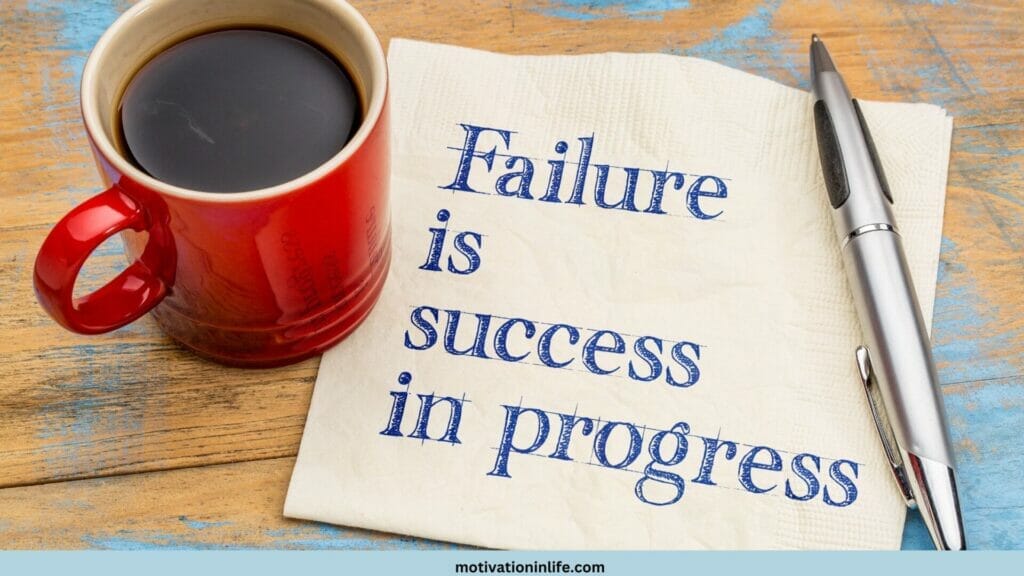
Personal Growth Means Learning from Failure
Failure is a natural part of life and can be a great teacher. By the time you hit your 40s, you will already have had your fair share of failures in life.
Yet what you need to know is that many successful people have experienced failures before achieving their goals. failures in life are as important as being successful in life.
Here are some lessons you can learn from failure:
Taking responsibility
When you fail, it’s important to take responsibility for your actions. You need to accept that you made mistakes and move on. Blaming others or making excuses will not help you grow.
Perseverance
Failure can be discouraging, but it’s important to keep trying. You need to take lessons from your mistakes and use that knowledge to improve your approach. Thomas Edison failed more than a thousand times before inventing the light bulb.
Adaptability
Sometimes your plans don’t work out as expected. You need to be flexible and adapt to changing circumstances. This can involve changing your approach or even your goals.
Learning from mistakes
Failure can be a valuable learning experience. You need to analyze your mistakes and identify what went wrong. This can help you avoid similar mistakes in the future.
Developing resilience
Failure can be emotionally challenging, but it’s important to bounce back. You need to develop resilience and maintain a positive attitude. This can involve seeking support from others or engaging in self-care activities.
By learning from your failures, you can grow and progress in your personal and professional lives. It’s important to remember that failure is not the end, but rather an opportunity to learn and improve.
Read our blog post on 10 Actions For Emotions Mastery To Navigate Change And Uncertainty (For the 40+) to learn techniques to master your emotions and develop resilience.
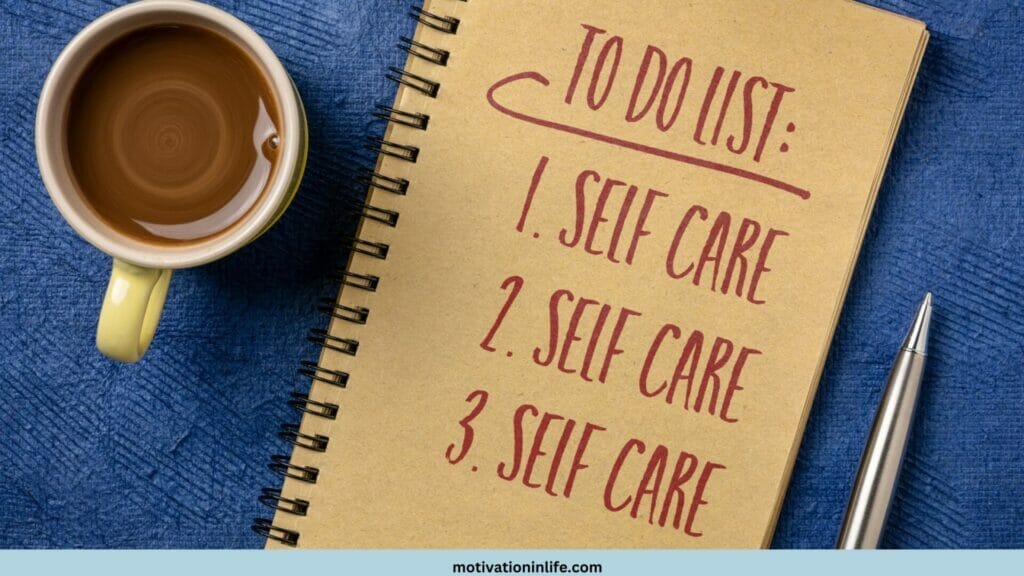
Set Wellness Goals – Another Personal Growth Goal Example
Wellness is an essential component of personal growth. Taking care of yourself physically, mentally, and emotionally can help you stay focused, motivated, and energized.
Here are some examples of wellness goals you can incorporate into your daily routine that will prevent you from leading an unhealthy life as you age:
Get enough sleep
Sleep is crucial for your physical and mental well-being. Make sure you get at least 7-8 hours of sleep every night.
Eat a healthy meal
Having a balanced diet that includes plenty of fruits, vegetables, whole grains, and lean proteins can help you feel your best.
Exercise regularly
Regular exercise can help reduce stress, improve your mood, and boost your energy levels.
Meditate
Meditation is a powerful tool for reducing stress and improving mental clarity. Try meditating for 10-15 minutes each day.
Practice deep breathing
Deep breathing exercises can help you relax and reduce stress. Try taking slow, deep breaths for a few minutes each day.
Take breaks
Taking regular breaks throughout the day can help you stay focused and energized. Try taking a short walk, stretching, or simply closing your eyes and taking a few deep breaths.
Engage in hobbies
Engaging in activities you enjoy can help reduce stress and improve your mood. Whether it’s reading, singing, or playing the piano, make time for hobbies that bring you joy.
Connect with others
Social connections are essential for emotional well-being. Make time to connect with friends and family, or join a club or group that interests you.
Remember, self-care is not selfish. It is a necessary component of personal growth and well-being. By taking care of yourself, you can better care for others and achieve your goals.
Read our blog post on 40 Quality Healthy Habits To Start Today And Reclaim Life (For The 40+) to start your wellness journey on a positive note.
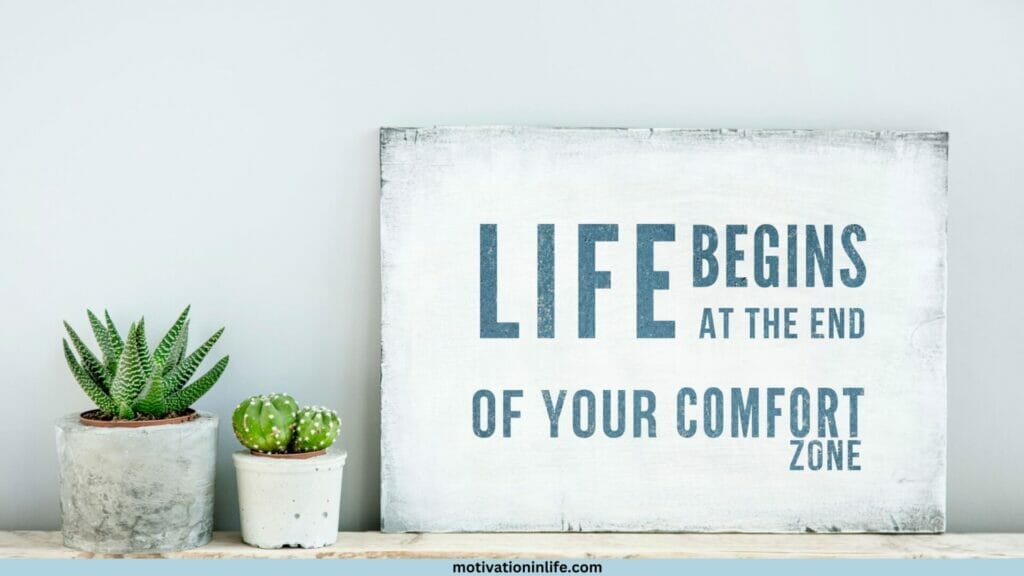
Expanding Your Comfort Zone For Self Growth
Expanding your comfort zone is one of the most important steps in personal growth. It can help you overcome your fears and take on new challenges that can lead to a more fulfilling life. Here are some examples of how you can expand your comfort zone:
Try something new
Whether it’s a new hobby, a new food, or a new travel destination, trying something new can help you step out of your comfort zone and gain new experiences.
Set personal goals
Setting S.M.A.R.T. personal goals can help you expand your comfort zone. For example, getting your master’s degree or learning a new language can be challenging, but it can also be incredibly rewarding.
Take risks
Taking calculated risks can help you push past your safety net and achieve greater success. Whether it’s starting a new business or asking for a promotion at work, taking risks can help you evolve in life.
Meet new people
Meeting new people can be intimidating, but it can also be a great way to expand your comfort zone. Joining a club or organization, attending networking events, or volunteering can help you meet new people and build new relationships.
Travel
Traveling to new places can help you explore an array of options by exposing you to new cultures, languages, and experiences.
Whether it’s a weekend road trip or a month-long backpacking adventure, traveling can help you step out of your safe zone and gain new perspectives.
You can learn tips about budget traveling from my fellow blogger, Genni Franklin at travelingfranklins.com.
Nurture A Hobby
Pursuing a hobby, such as playing a musical instrument or cooking a new cuisine, can help you try something different and challenge yourself in new ways.
Becoming a beginner again can be challenging, but it can also be incredibly rewarding. By learning things you have never explored before, taking risks, and stepping out of your comfort zone, you can achieve greater success and personal growth.
Getting out of your comfort zone can however feel uncomfortable especially as you age. Read our blog post How To Reinvent Yourself By Eliminating Your Fears (For The 40+) to get rid of your inhibitions.
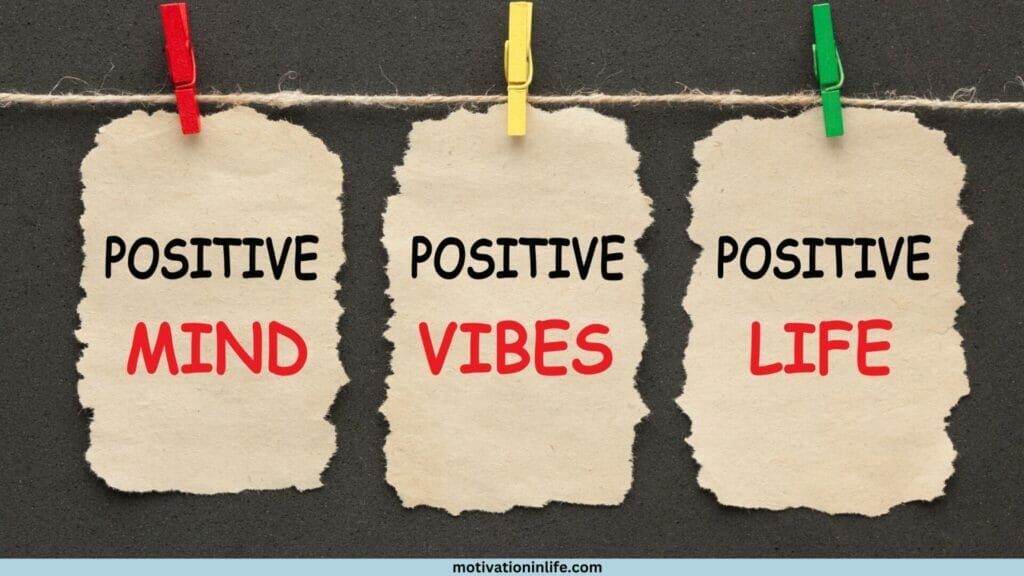
Building Positive Relationships For Growth And Personal Development
Building positive relationships with the people in your life is an essential part of personal growth and development. Positive relationships can bring joy, happiness, and fulfillment to your life.
Here are some ways to build positive relationships for a meaningful midlife :
Communicate openly and honestly
Good relationships rely on good communication. Be honest and open with the people in your life. Share your thoughts, feelings, and concerns with them. Listen actively and show empathy.
Show appreciation
Let the people in your life know how much you appreciate them. Say “thank you” and show gratitude for the things they do for you. Celebrate their successes and accomplishments.
Be supportive
Be there for the people in your life when they need you. Offer support and encouragement. Help them when they need it.
Respect boundaries
Respect the boundaries of the people in your life. Don’t push them to do things they don’t want to do. Give them space when they need it.
Forgive and let go
Forgiveness is an important part of building positive relationships. Let go of grudges and resentment. Forgive the people in your life and move on.
By following these tips, you can build positive relationships with the people in your life. Healthy relationships can bring contentment and bliss to your life.

Personal Development Goals Example: Key Takeaways
Personal growth is a journey that never ends. It is a continuous process of self-improvement that requires dedication and effort.
By setting personal growth goals, you can take control of your life and strive to live the life of your dreams.
Here are some personal growth examples that you can use to inspire your journey:
Learning to be more productive at work: This can involve creating a workflow schedule, prioritizing tasks, and minimizing distractions for effective productivity.
Developing emotional intelligence or expressing feelings healthily: This can involve learning to manage emotions, communicate effectively, and build strong relationships with either your family members or people at work.
Leading a healthier lifestyle: This can involve improving your diet, exercising regularly, and getting enough sleep. These are effective stress management techniques for healthy living.
Improving time management skills: This can involve creating a schedule, setting deadlines, and managing your time effectively.
Developing a growth mindset: This can involve embracing challenges, learning from failure, and seeking out new experiences in life.
Building self-confidence: This can involve setting and achieving goals, taking risks, and celebrating your successes
Learning a new skill: This can involve taking a class, reading a book, enhancing your public speaking skills, or practicing a new hobby
Volunteering or giving back to the community: This can involve donating time or resources to a cause you care about and can help you develop empathy and compassion.
Remember, personal growth is a unique journey that will look different for everyone. The key is to set goals that align with your values and interests and to approach the process with an open mind and a willingness to learn. By taking small steps each day, you can make meaningful progress toward becoming the best version of yourself.
Recommended Books to Read To Enhance Personal Growth In Life After 40
- Atomic Habits By James Clear (Amazon.com | Amazon.in)
- Grit: The Power of Passion and Perseverance By Angela Duckworth (Amazon.com | Amazon.in)
IF YOU ENJOYED READING THIS POST, PLEASE PIN ONE OF THESE IMAGES BELOW!
I will be grateful for your kind gesture. Thank you!
